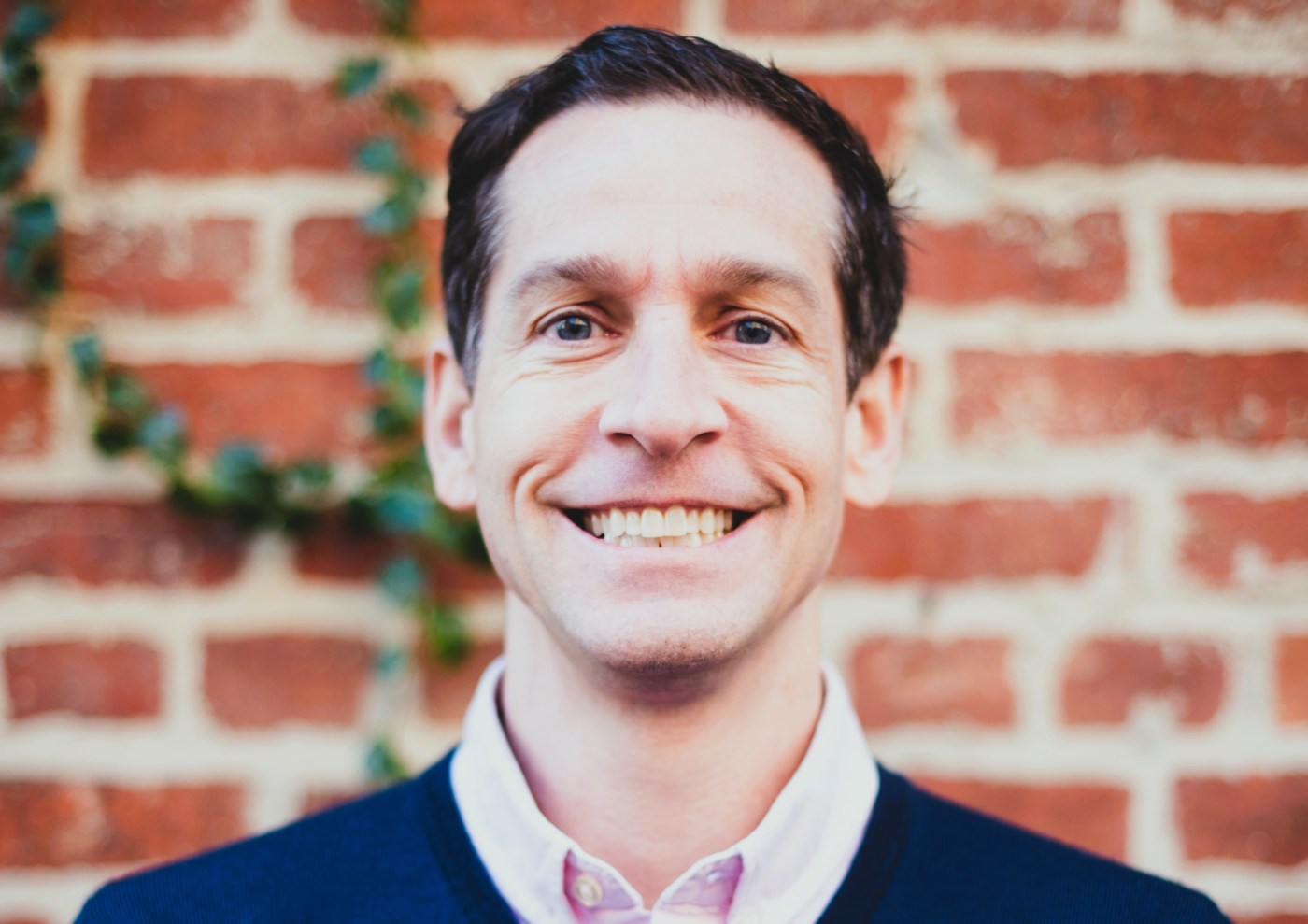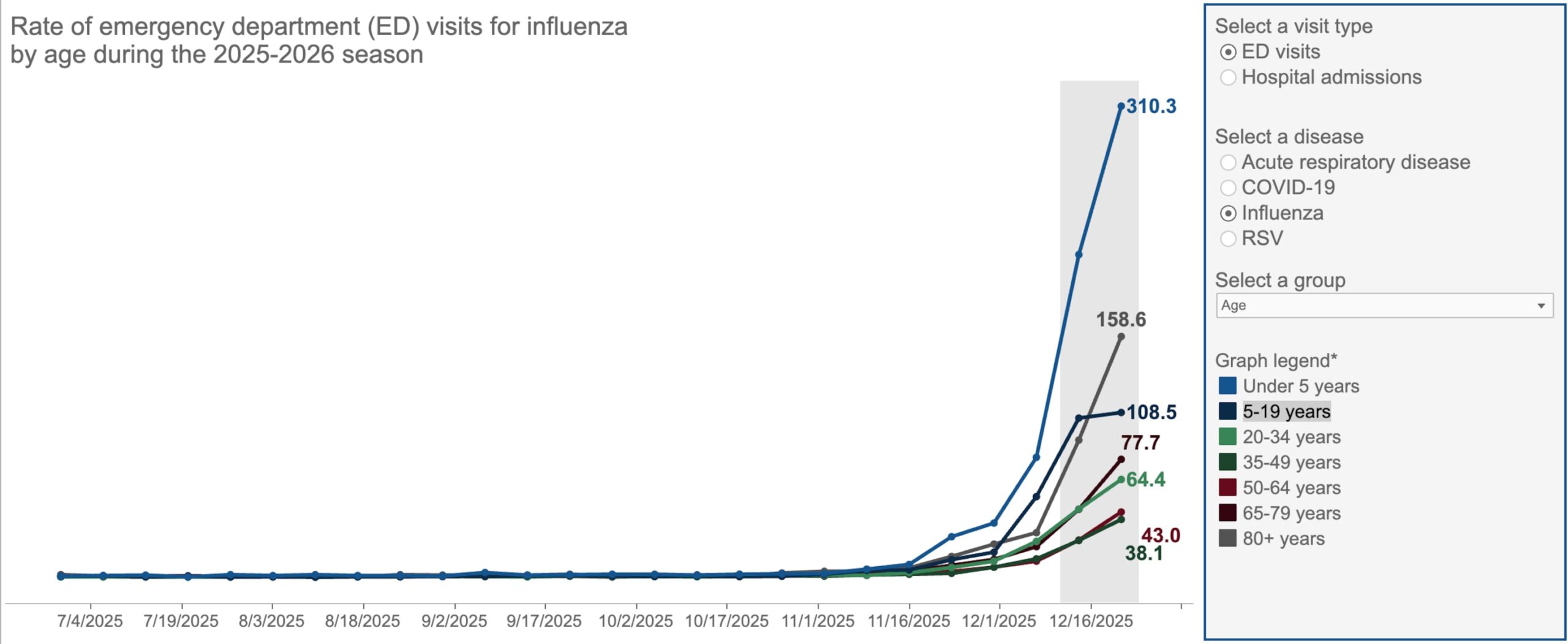The U.S. Food and Drug Administration (FDA) has granted approval for SIR-Spheres Y-90 resin microspheres as a treatment option for patients diagnosed with unresectable hepatocellular carcinoma (HCC). This decision marks a significant advancement in the field of oncology, particularly for patients facing limited therapeutic options due to the complex nature of their cancer.
In a recent interview, Dr. Armeen Mahvash, a professor in the Department of Interventional Radiology at The University of Texas MD Anderson Cancer Center in Houston, elaborated on the implications of this approval. Dr. Mahvash, who also serves as an assistant professor in the Department of Diagnostic and Interventional Imaging at the University of Texas Medical School, emphasized the clinical findings that led to this crucial regulatory decision.
The approval of SIR-Spheres Y-90 resin microspheres is based on robust clinical evidence demonstrating their effectiveness in targeting liver tumors while minimizing damage to surrounding healthy tissue. This innovative treatment utilizes radioembolization, a technique combining embolization and radiation therapy, which has been shown to improve patient outcomes significantly.
Dr. Mahvash highlighted the importance of multidisciplinary collaboration in implementing radioembolization into clinical practice. He stated, “Successful treatment of HCC requires coordinated efforts among various specialists, including interventional radiologists, oncologists, and surgeons. This collaboration is essential to optimize patient care and enhance treatment efficacy.”
Hepatocellular carcinoma, the most common type of primary liver cancer, often presents challenges in management due to its late diagnosis and the underlying liver disease in many patients. The introduction of SIR-Spheres Y-90 resin microspheres provides a new avenue for therapy, allowing healthcare providers to offer more targeted treatment options.
The significance of the FDA’s approval extends beyond clinical efficacy; it also reflects a growing recognition of the need for advanced therapies in the oncology landscape. As more patients are diagnosed with unresectable HCC, the demand for innovative treatments that can improve survival rates continues to rise.
OncLive, a platform dedicated to providing oncology professionals with vital information, hosted this discussion with Dr. Mahvash to ensure that practitioners stay informed about the latest developments in cancer treatment. As the field of oncology evolves, such dialogues are crucial for maintaining high standards of patient care and improving treatment outcomes.
For ongoing updates in oncology, professionals are encouraged to visit www.OncLive.com and subscribe to their e-newsletters. OncLive also engages with its audience through social media platforms, providing insights and information about the latest in cancer research and treatment.
As the healthcare community embraces new technologies and treatment options, the FDA’s approval of SIR-Spheres Y-90 resin microspheres stands as a promising development in the fight against hepatocellular carcinoma. The collaboration and expertise of professionals like Dr. Mahvash contribute significantly to advancing patient care and improving outcomes in oncology.







